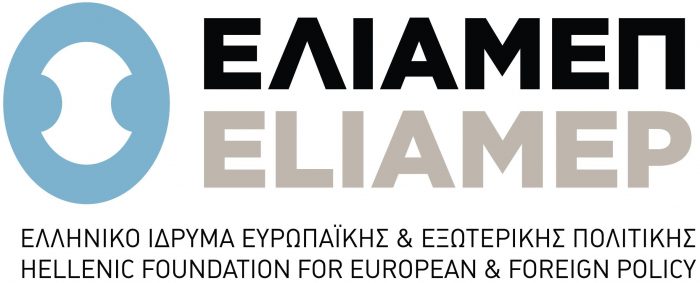Developments in Turkish domestic and foreign policy are of increased significance for academics, policy-makers and journalists. The study of various factors which shape this policy is also equally important. In its interest in this ongoing debate the Hellenic Foundation for European & Foreign Policy (ELIAMEP) organized on 24 March 2011 a round-table discussion with Dr. Kerem Oktem (Research Fellow at the European Studies Centre, St Antony’s College – University of Oxford).
The discussion was moderated by Dr. Dimitri Sotiropoulos (Associate Professor, University of Athens – ‘Stavros Costopoulos’ Fellow, ELIAMEP). On the occasion of the publication of his book: Angry Nation: Turkey Since 1989 Dr. Oktem presented his view on the recent history of a conflict-ridden country from a rather critical perspective. He briefly explored key issues as the relationship between religion and the state, stressing the importance of issues concerning Alevis, Kurds and Armenians as well as of human rights in general. All in all Dr. Oktem argued that ‘the struggle in Turkey continues’.
The initial presentation was followed by a rich discussion on the basis of different questions posed by participants ranging from internal cohesion and the role of AKP in Turkey to its European orientation. Dr. Oktem attributed the adjective complement ‘angry’ he uses in the title of the book to polarization and anger which prevails in society including – inter alia – military coups, the Kurdish problem and wars among intellectuals. Further to this, he partly agreed on the personification aspect of AKP’s success arguing that the movement created is very powerful and can hardly go away. In view of coming elections he also said that almost 40% of Turkish people believe the package the Justice and Development Party offers is worthy of their vote. As far as foreign policy is concerned, Dr. Oktem did not consider it as being on top of the public agenda, explaining that Greece does not figure highly. However, he regarded Turkish-Israeli relations as an exception. Finally, he acknowledged the problematic conditions in the Turkish EU accession process observing that in the case of its possible failure “new territory” will have to be found for Turkey.




